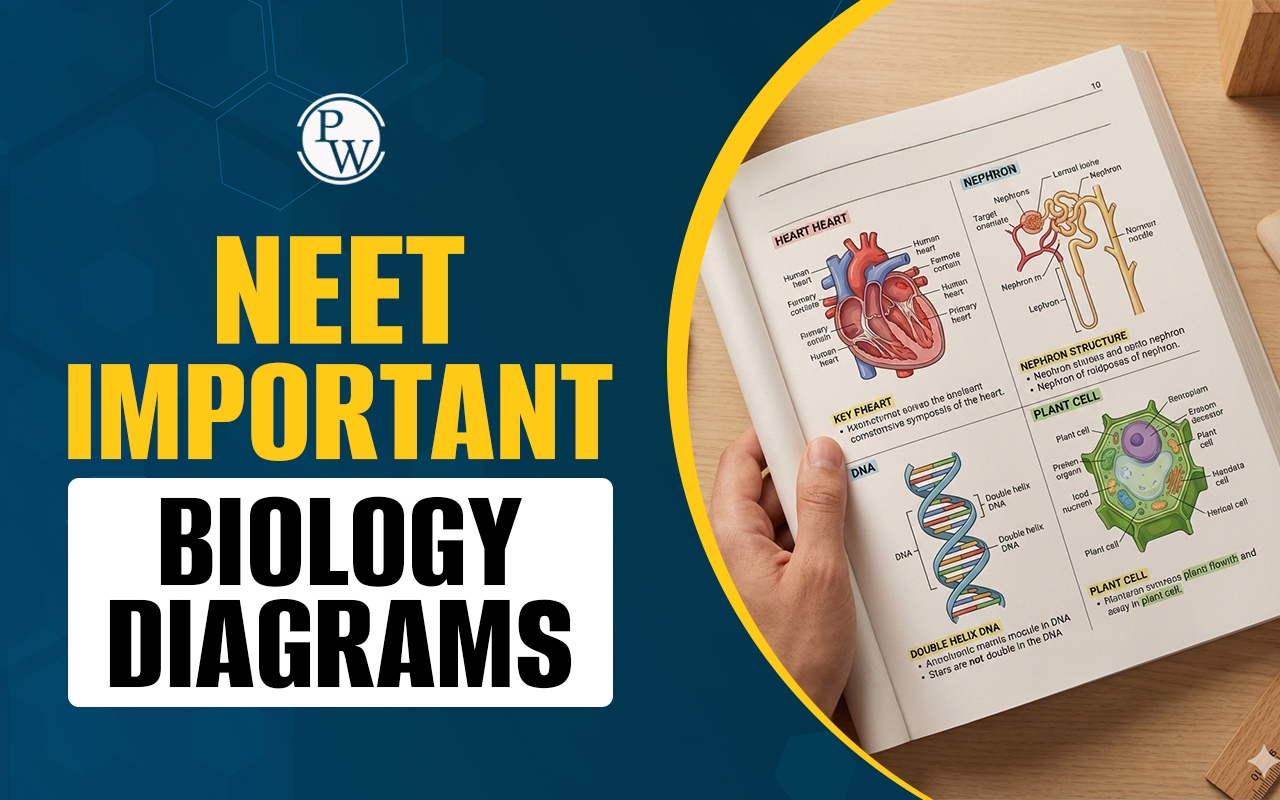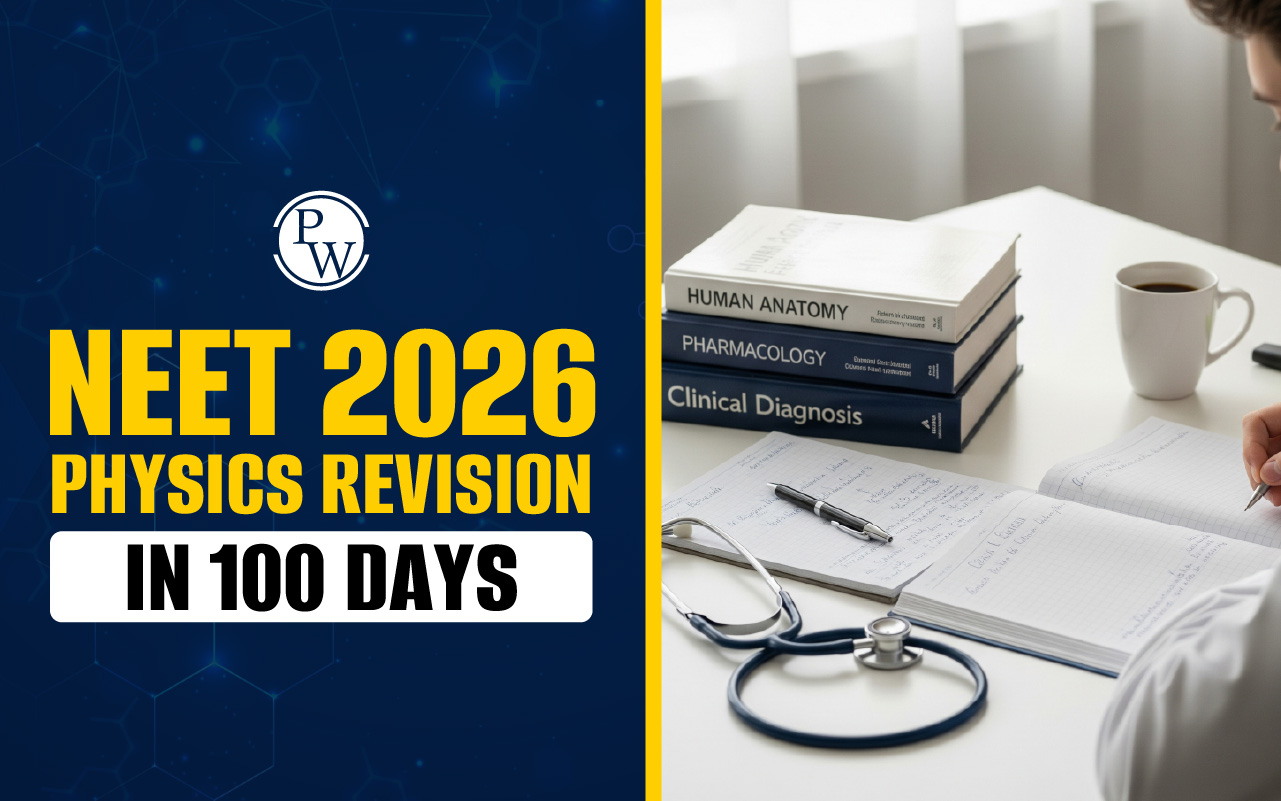
GMO Full Form: In science and technology, the GMO Full Form is "Genetically Modified Organisms." GMOs are living beings whose genetic material has been specifically altered through Genetic Engineering Techniques. This revolutionary process involves the transfer of genes within species, creating what are known as transgenic organisms, which may not naturally occur through traditional mating.
The applications of GMOs span various fields, with agriculture and animal breeding being the most prominent. From improving crop yields to enhancing nutritional content and even leading the way for groundbreaking medical treatments, GMOs have captured the imagination of scientists and researchers worldwide.GMO Full Form in English
GMO Full Form in English is Genetically Modified Organisms. GMOs are living organisms whose genetic material has been intentionally altered using techniques from genetic engineering. This process involves transferring genes within species, creating transgenic organisms that may not naturally occur through traditional mating. GMOs have applications in various fields, such as agriculture and animal breeding, offering the potential to improve crop yields, enhance nutritional content, and even develop medical treatments. However, the use of GMOs is a subject of controversy, with concerns about their safety and impact on the environment. Despite the debates, genetic engineering continues to hold great promise for addressing global challenges, particularly in food security and sustainable agriculture. Responsible and thorough regulation and ongoing research are vital to ensure the responsible and ethical utilization of GMOs for the betterment of humanity and the environment. As scientific advancements continue, a careful balance must be struck between innovation and ensuring the long-term health and well-being of our planet and its inhabitants.GMO Full Form in Hindi
The GMO full form in Hindi आनुवंशिक रूप से संशोधित जीव है। जीएमओ उन जीवों को संदर्भित करता है जिनकी आनुवंशिक पहचान जेनेटिक इंजीनियरिंग तकनीकों का उपयोग करके बदल दी जाती है और फिर से परिभाषित की जाती है। इस पद्धति का उपयोग खेती, पशु प्रजनन आदि के क्षेत्र में किया जाता है। दूसरे शब्दों में हम कह सकते हैं कि ये जानवर या जीव प्राकृतिक संभोग प्रक्रिया के माध्यम से स्वाभाविक रूप से उत्पन्न नहीं होते हैं, जीन सूक्ष्मजीवों, पौधों, ट्रांसजेनिक बनाने वाले जानवरों से लेकर प्रजातियों के भीतर स्थानांतरित होते हैं। जीव. या तो नए जीन का परिचय होगा या मौजूदा जीन में परिवर्तन होगा या नए जीवों या प्रजातियों के विकास के लिए जीन को ही बाहर कर दिया जाएगा। जेनेटिक इंजीनियरिंग में कृत्रिम गर्भाधान, क्लोनिंग, इन विट्रो फर्टिलाइजेशन या जीन हेरफेर आदि से लेकर कई तरह की तकनीकें शामिल हैं।History of GMOs (GMO full form - Genetically Modified Organisms )
Throughout GMO history, humans have used various methods for breeding animals, plants, and other organisms to maximize benefits and achieve better productivity. However, with the rapid progress of science, biotechnology has allowed scientists to directly modify the genes (DNA) of plants, microorganisms, and animals. The first genetic modification occurred in 1972 when Paul Berg combined DNA from a monkey virus with the Lambda virus, creating what is known as recombinant DNA. Then, in 1973, Herbert Boyer and Stanley Cohen collaborated to develop the first genetically modified organism. In 1974, Rudolf Jaenisch made another breakthrough by creating the world's first transgenic organism—a mouse with foreign DNA introduced into its embryo. Genetically modified organisms have been extensively used in research, and genetically modified plants have become a significant part of our food supply, meeting the growing demands of people worldwide. Genetic engineering enables scientists to identify specific DNA and change it to improve the genetic quality of any organism and eliminate undesirable features.Benefits of Genetically Modified Organisms (GMOs)
Plants, animals, bacteria, and other extremely small species can all be genetically engineered. Scientists can use genetic engineering to transfer desirable genes from one plant or animal to another. Genes can also be transplanted from an animal to a plant or vice versa. The process of developing GE foods differs from selective breeding. This entails selecting plants or animals with desirable characteristics and breeding them. Over time, this results in offspring with the desired features The possible benefit s of GMOs include:1. Pest Resistance
Genetically modified organisms (GMOs) offer a crucial advantage in resisting pests. Insects lead to significant financial losses for farmers, particularly in developing countries, and may result in food shortages. Traditional farming methods often rely on chemical pesticides to combat pests, which can harm human health. Bt corn which is an example of a GMO, presents a viable alternative. Bt corn has a natural capacity to repel insects. This reduces the necessity for excessive pesticide use, promoting a safer and more sustainable approach to pest management.2. Herbicide Tolerance
Genetically modified crops possess herbicide tolerance genes, providing a practical weed control solution. Conventional farming practices frequently involve extensive herbicide use, posing challenges in terms of time, cost, and potential harm to crops and the environment. GM crops that resist herbicides. GM crops can significantly decrease chemical use and help avoid harmful environmental impacts caused by herbicides.3. Cold Tolerance
Another valuable benefit of genetic modifications is improving cold tolerance in crops. Delicate seedlings are vulnerable to sudden cold spells, harming their growth. By incorporating antifreeze genes, scientists have genetically altered certain crops, such as tobacco and potatoes, to withstand low temperatures that would otherwise be fatal to non-modified seedlings. This protects crops against unpredictable weather changes and promotes more reliable yields.4. Drought and Salinity Tolerance
As the global population grows and urbanization expands, agricultural practices must adapt to cultivate crops in previously unsuitable regions. GMOs demonstrate promise in addressing this challenge through drought and salinity tolerance. Advances in plant genetics have enabled the development of crops capable of thriving in arid conditions with limited water resources or soils with high salt content. This breakthrough can increase food production in unsuitable areas, contributing to global food security.5. Pharmaceutical Applications
GMOs have significant potential in the pharmaceutical industry. Researchers are exploring the feasibility of edible vaccines produced in genetically modified tomatoes and potatoes. Edible vaccines offer practical advantages, including easier storage, transportation, and administration than traditional injectable vaccines. Such vaccines could improve accessibility to critical medicines, particularly in remote or resource-limited regions where conventional vaccines may face logistical challenges.Drawbacks of GM Plants
Because genetically engineering foods is a new practice, the long-term effects on safety are unknown. Many of the disadvantages are related to human health. Although a study is underway, GMO foods have not yet been proven to be hazardous to health.1. Negative Health Impacts
While genetic engineering technology has made substantial progress, concerns remain regarding potential long-term effects on human health. The widespread adoption of GMOs in various products has led to questions about their safety, necessitating thorough evaluation and stringent regulation to ensure public health is not compromised.2. Gene Spillover
An inherent challenge with GMOs is the uncertainty surrounding their environmental impact. The uncontrolled spread of genetically modified crops through pollen and seeds may have unforeseen consequences for wild plant species and ecosystems. Comprehensive and long-term studies are crucial to assess the ecological implications.3. Reduced Biodiversity
The extensive use of genetically modified crops may reduce plant species or general biodiversity. Diminished genetic variability can make entire crops vulnerable to specific threats, underscoring the importance of maintaining biodiversity to ensure sustainable agriculture.4. Cross-Pollination Concerns
Genetically modified crops have the potential to cross-pollinate with non-GMO crops or wild relatives, raising ecological concerns. Monitoring and managing such interactions are essential to safeguard biodiversity and environmental balance. Continuous research, transparent evaluation, and robust regulatory measures are essential to harness the potential benefits of GMOs while mitigating their drawbacks. Addressing concerns and promoting responsible use will be vital for a sustainable and secure future in agriculture and food production.Conclusion
In summary, Genetically Modified Organisms (GMOs) offer numerous advantages but raise concerns about creating and consuming genetically engineered crops. These decisions affect everyone, making it crucial for humanity to examine these options carefully. Each individual can review the presented facts and conclude the value of genetically modified foods and the companies' ethical choices behind their production. Ultimately, well-informed consumers should have the final say on GMO foods without being misled by those in positions of power within the government. An open and educated approach to these issues will ensure that society and the environment are best served.Check NEET Exam Important Links
| NEET Exam Important Links | |
| NEET Syllabus | NEET Sample Paper |
| NEET Notes | NEET Previous Year Question papers |
GMO Full Form FAQs
How do genetically modified organisms confer disease resistance to plants?
Various viruses, fungi, and bacteria can cause plant diseases. To combat these issues, plant scientists are engaged in genetic modifications to develop plants with enhanced resistance to specific diseases.
Is there any impact on health due to GMOs?
GMO foods are just as safe and nutritious as their non-GMO counterparts. Certain GMO plants have been specifically engineered to enhance their nutritional content. For instance, GMO soybeans have been modified to produce healthier oils that can effectively replace oils containing trans fats.
What are the drawbacks of GMOs?
The primary concerns surrounding GMOs relate to potential allergies, cancer risks, and environmental issues that could impact consumers. Although research indicates limited risks, further long-term studies are required to understand these aspects better.
What is GMO full form?
GMO full form is Genetically Modified Organisms.
Talk to a counsellorHave doubts? Our support team will be happy to assist you!

Check out these Related Articles
Free Learning Resources
PW Books
Notes (Class 10-12)
PW Study Materials
Notes (Class 6-9)
Ncert Solutions
Govt Exams
Class 6th to 12th Online Courses
Govt Job Exams Courses
UPSC Coaching
Defence Exam Coaching
Gate Exam Coaching
Other Exams
Know about Physics Wallah
Physics Wallah is an Indian edtech platform that provides accessible & comprehensive learning experiences to students from Class 6th to postgraduate level. We also provide extensive NCERT solutions, sample paper, NEET, JEE Mains, BITSAT previous year papers & more such resources to students. Physics Wallah also caters to over 3.5 million registered students and over 78 lakh+ Youtube subscribers with 4.8 rating on its app.
We Stand Out because
We provide students with intensive courses with India’s qualified & experienced faculties & mentors. PW strives to make the learning experience comprehensive and accessible for students of all sections of society. We believe in empowering every single student who couldn't dream of a good career in engineering and medical field earlier.
Our Key Focus Areas
Physics Wallah's main focus is to make the learning experience as economical as possible for all students. With our affordable courses like Lakshya, Udaan and Arjuna and many others, we have been able to provide a platform for lakhs of aspirants. From providing Chemistry, Maths, Physics formula to giving e-books of eminent authors like RD Sharma, RS Aggarwal and Lakhmir Singh, PW focuses on every single student's need for preparation.
What Makes Us Different
Physics Wallah strives to develop a comprehensive pedagogical structure for students, where they get a state-of-the-art learning experience with study material and resources. Apart from catering students preparing for JEE Mains and NEET, PW also provides study material for each state board like Uttar Pradesh, Bihar, and others
Copyright © 2026 Physicswallah Limited All rights reserved.









